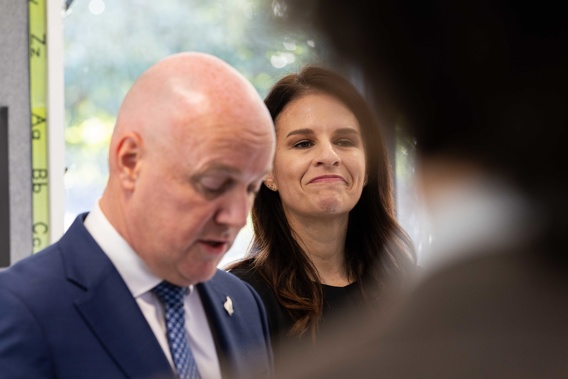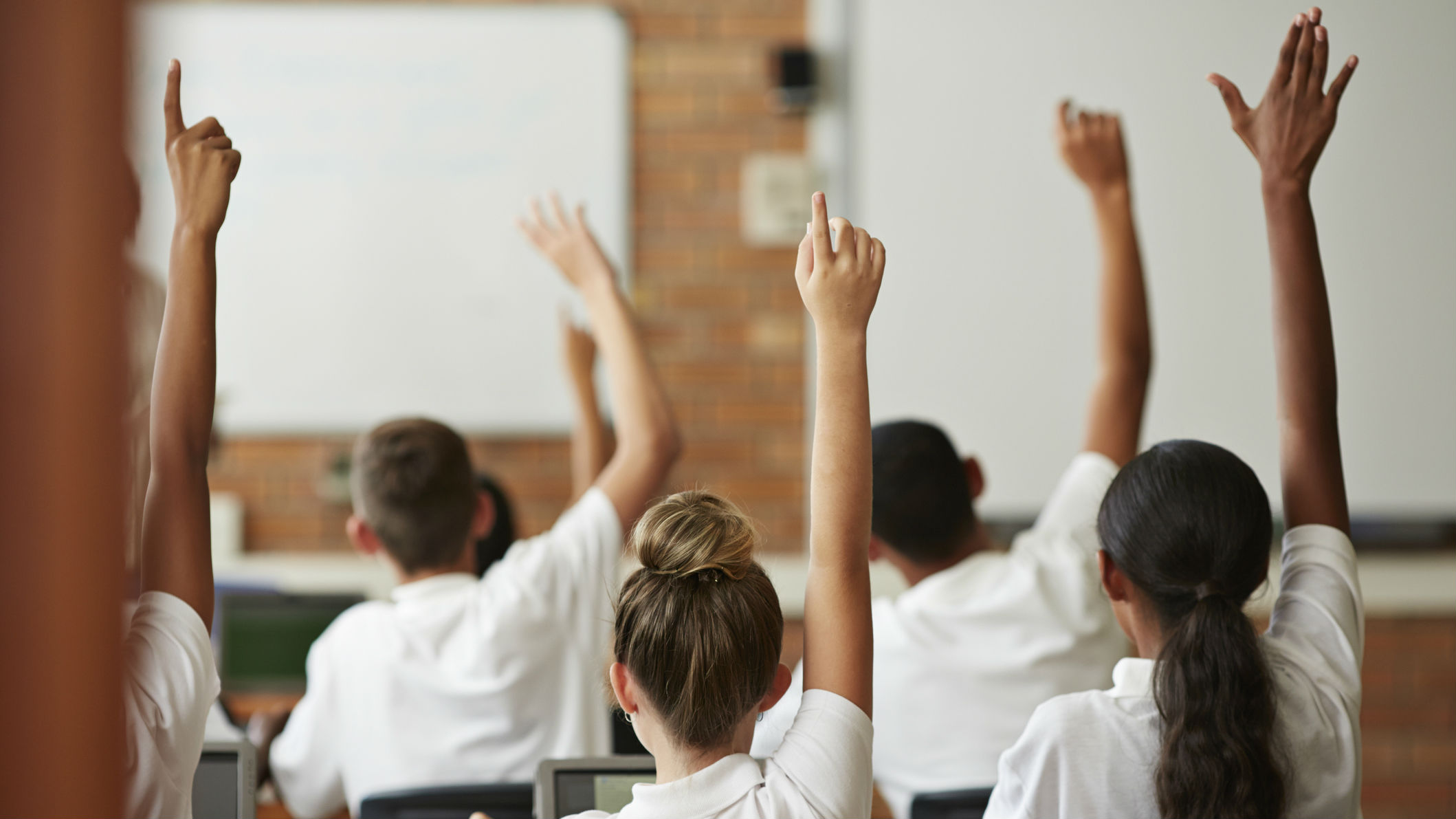
The Education Minister, Erica Stanford, wants to bring "the magic" back to teachers by reforming the Aotearoa Histories Curriculum, claiming that the changes will allow teachers to bring content to life for students and improve learning standards across the board.
An Education Review Office (ERO) report found that Aotearoa Histories is being taught in three-quarters of schools up to Year 10, but in varying amounts. Many teachers are taking time to develop their own resources and could benefit from more clarity and "off-the-shelf" content.
At the beginning of last year, it became compulsory for schools to teach New Zealand history and, while the ERO has measured "great progress" on the teaching of the subjects, there's more work to be done on the curriculum.
ERO's Ruth Shinoda told Newstalk ZB this morning that too much of teachers' time is being swallowed up by creating their own content to teach subjects such as economics.
"It's one of those social sciences [where] students learn those really important skills like thinking critically [and] analysing data," said Shinoda.
"At the moment, because teachers are spending their own time developing their own content in New Zealand History, some of those other skills are being crowded out and schools are saying can we do more to support them so they have more time to teach."
The changes, according to Stanford, are designed for a two-part outcome of both raising learning standards and helping students to connect their learnings to the wider world.
She said the reform would contribute towards the Government's goal of having 80 per cent of intermediate children at the required curriculum level.
"But the important part here, which was interesting in the history report, is that schools themselves are saying it's incredibly time-consuming to develop local curriculum," Stanford told The Mike Hosking Breakfast.

"Kids are being taught different things, there's no consistency of what's being taught ... our place in the world and when we started to trade, how things were refrigerated and it changed the way we traded with the world and how it changed our economy - we don't teach that anymore because it's not specified in the curriculum."
Hosking asked why students weren't learning broader subjects like how the world traded with each other and economics lessons - lessons he was taught in school. Stanford said the last couple of decades have seen a shift in approach to education.
"We shifted in the early 2000s away from this idea of essential curriculum that lays out what kids need to know and when, to a devolved system where schools themselves need to create content," said Stanford.
"[Teachers are] saying themselves 'this is too much, we want to get on with the magic of teaching and bringing this content to life'. We have this vague, lofty curriculum, hence our decline amongst the world in our standards."
Addressing the wider curriculum refresh that the Government has aimed to introduce since its election, Stanford said there were clear signs early on that things needed to change.
She said when she received a report at the start of the year outlining what the curriculum would look like, it was just a repeat of what had impacted learning standards over prior years.
"High-level, vague, broad, waffly - over many years things will still be left to chance. When I saw the documents I just about cried, to be honest," she told Hosking.
"I thought 'we are just going to continue this downward slide if we don't turn this around'. And so that's why we're focused on a knowledge-rich, year-by-year curriculum that doesn't leave anything to chance."
Take your Radio, Podcasts and Music with you









